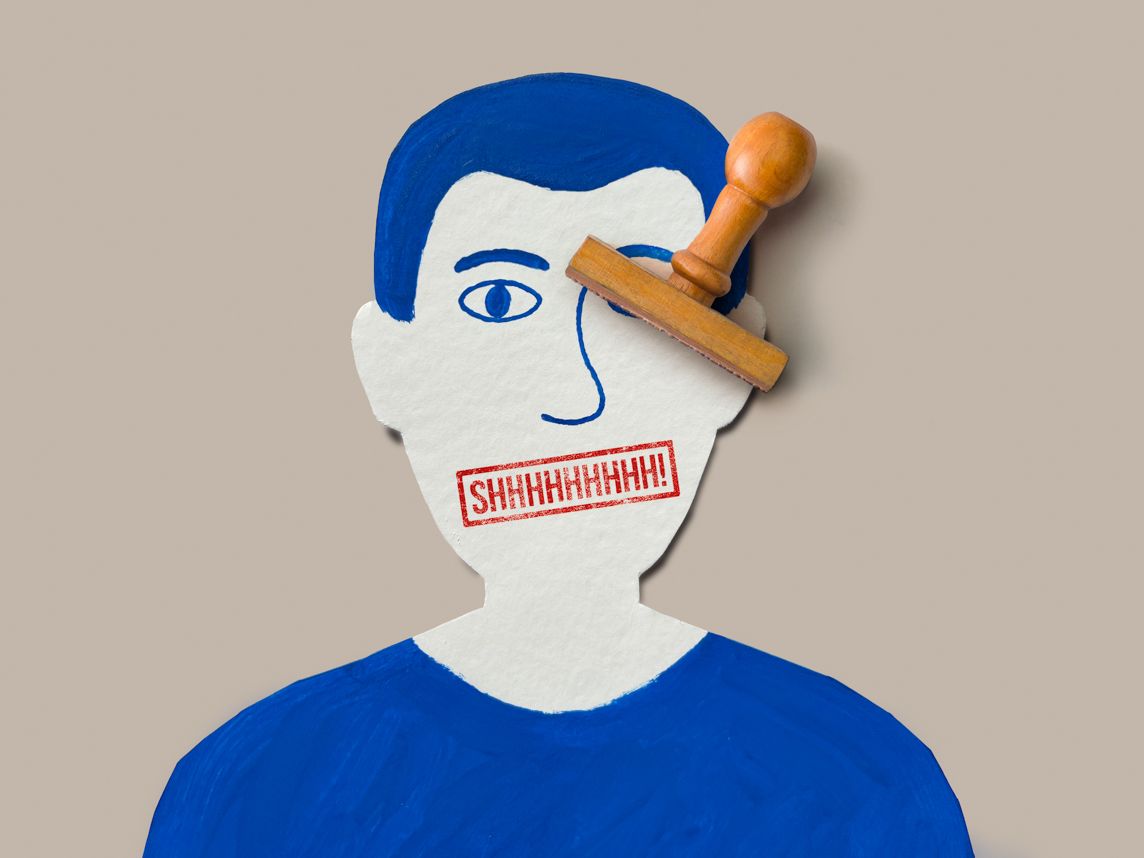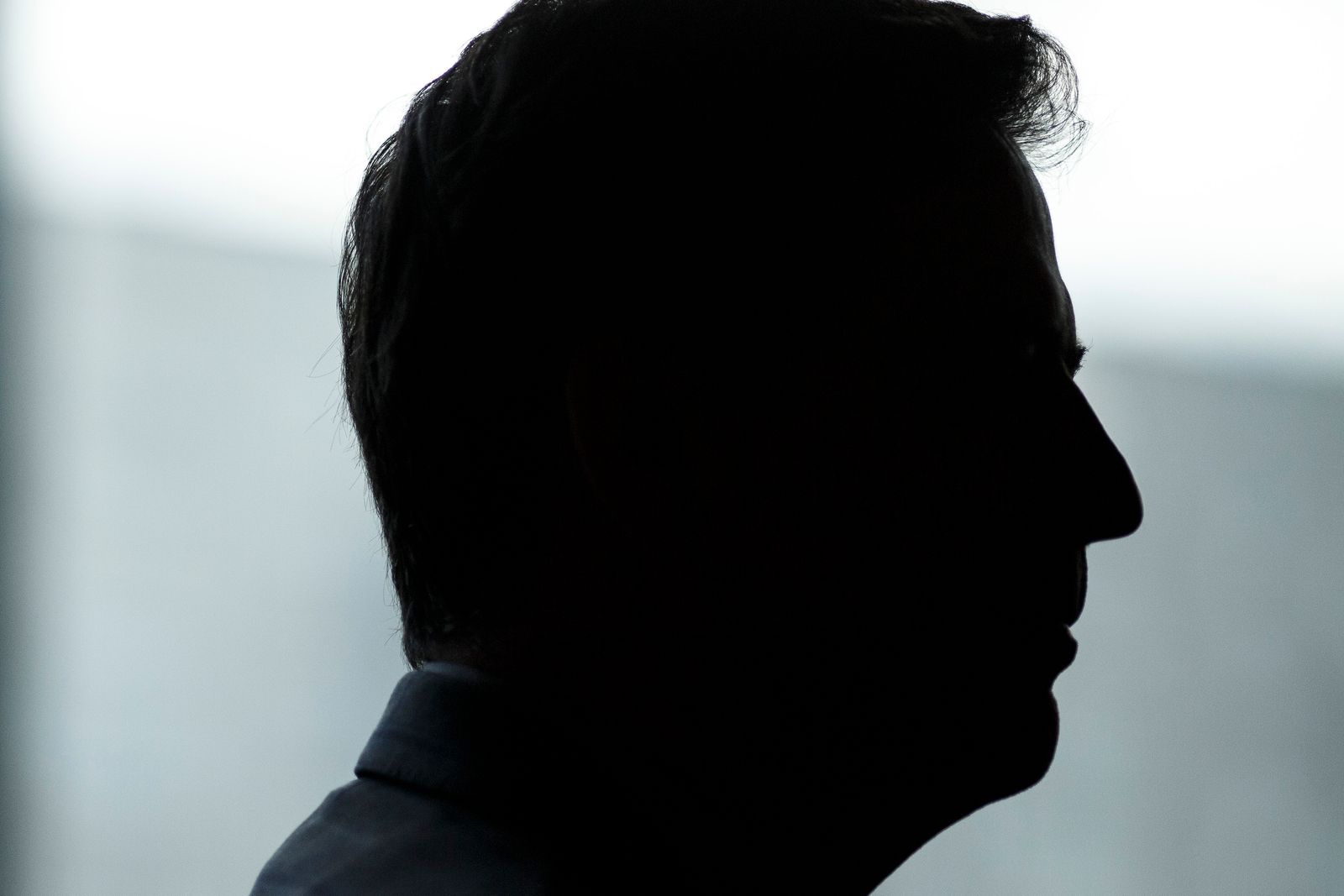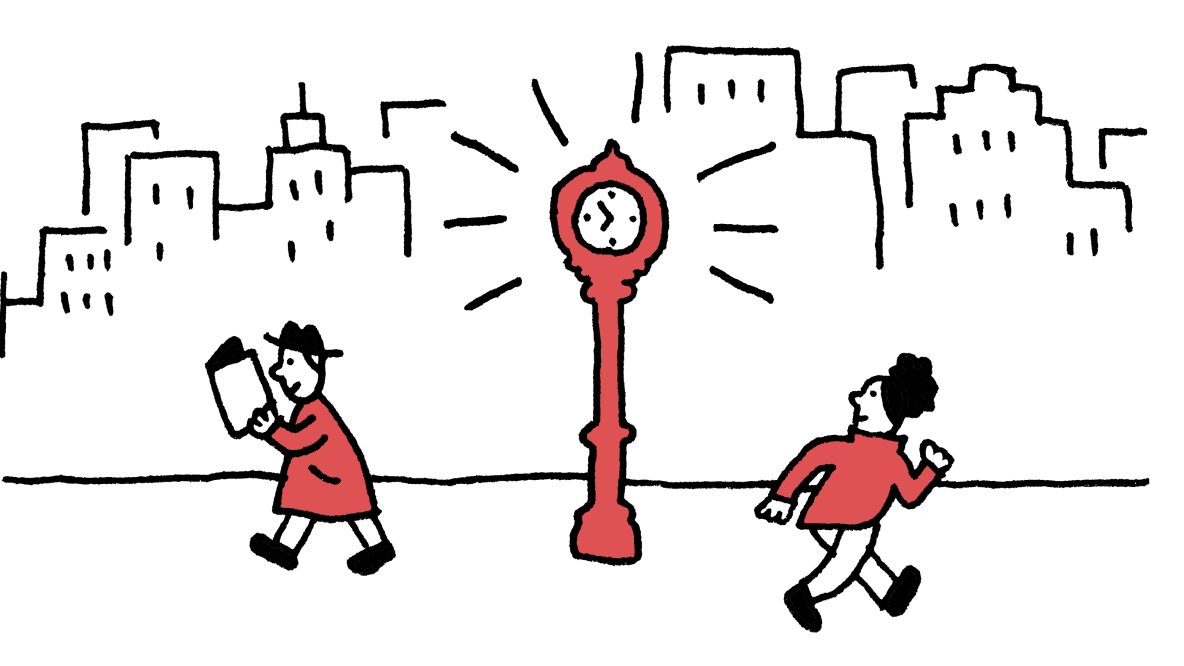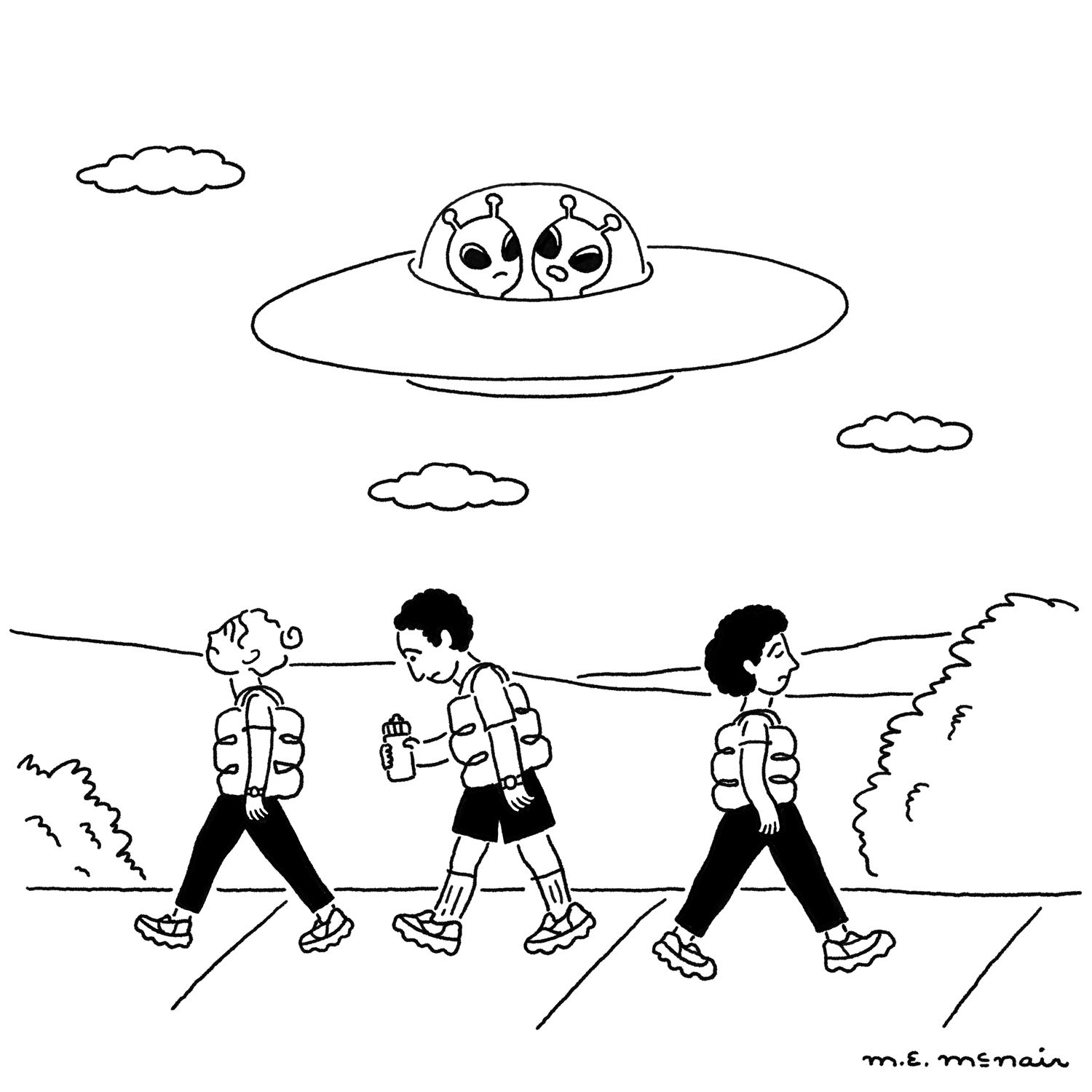At the end of another tumultuous week, we’re discussing the indictment against Trump’s longtime political foil James Comey, and the state of free speech in America. Plus:

In the debate over speech freedoms, we’d do well to remember that any standard we apply might be applied to us.Illustration by Miguel Porlan
David Remnick
Editor, The New Yorker
Back in January, during his Inaugural Address, Donald Trump declared that “after years and years of illegal and unconstitutional federal efforts to restrict free expression,” he would issue an executive order “to immediately stop all government censorship and bring back free speech to America.” There was, as always, reason to be skeptical. (In fact, his very next line was “Never again will the immense power of the state be weaponized to persecute political opponents,” which, based on last night’s indictment of James Comey, is especially striking.) The months that followed revealed the hollowness of this order, which was so clearly at odds with the President’s own disposition. In recent months, the Trump Administration has engaged in a relentless attack against press outlets, law firms, universities, museums, and other institutions not to its liking. Others in the Party have taken his lead. Recently, Senator Cynthia Lummis, a Republican from Wyoming, responded to the F.C.C. chairman Brendan Carr’s threats against Jimmy Kimmel and Disney, by telling Semafor, “Under normal times, in normal circumstances, I tend to think that the First Amendment should always be sort of the ultimate right. And that there should be almost no checks and balances on it. I don’t feel that way anymore.”
“The United States is in a speech war,” Louis Menand writes in a remarkable new essay for The New Yorker. Menand, a longtime staff writer at the magazine and a professor of English at Harvard, considers the arguments of two new books, which make very different but equally provocative claims: one suggests that college campuses are, despite their reputations, actually quite good at incubating free speech; the other argues that the unabridged American version of free speech, unique in the world, was a terrible mistake from the very start.
These are big, thorny questions: How compatible are free speech and civility? How do we enforce norms of free expression that aren’t clearly protected by law? Can the freedoms of speech ever really be distributed equally among people? And there is a more practical, and perhaps more pressing, question—about our current moment. “If the Administration’s actions are so blatantly unlawful,” Menand asks, “why does everyone seem to be caving?”
Editor’s Pick
Photograph by Carsten Koall / Getty
The Flimsy, Dangerous Indictment of James Comey
The charges against the former F.B.I. director look weak. But they may be just the start of Donald Trump’s long-threatened drive to use the Justice Department to go after his enemies, Ruth Marcus argues. Read the story »
More Top Stories
Our Culture Picks
-
Watch: “Slow Horses” returned to Apple TV+ this week. The spy drama, starring Gary Oldman and based on the novels by Mick Herron, is “slick and sleek.”
-
Listen: “Instant Holograms on Metal Film,” Stereolab’s first LP in nearly fifteen years, could “put a spell on any room.” See what else our critics recommend this week.
“Apparently, life wasn’t hard enough, so now humans wear weighted vests to ruin their pleasant evening strolls.”
Cartoon by Elisabeth McNair
Puzzles & Games
- Today’s Crossword Puzzle: Instrument for Charlie Parker, informally—three letters.
P.S. Starbucks announced that the company will close hundreds of stores in North America this month. What will this mean for all the pumpkins sacrificed for lattes? 🎃
Erin Neil contributed to today’s edition.

